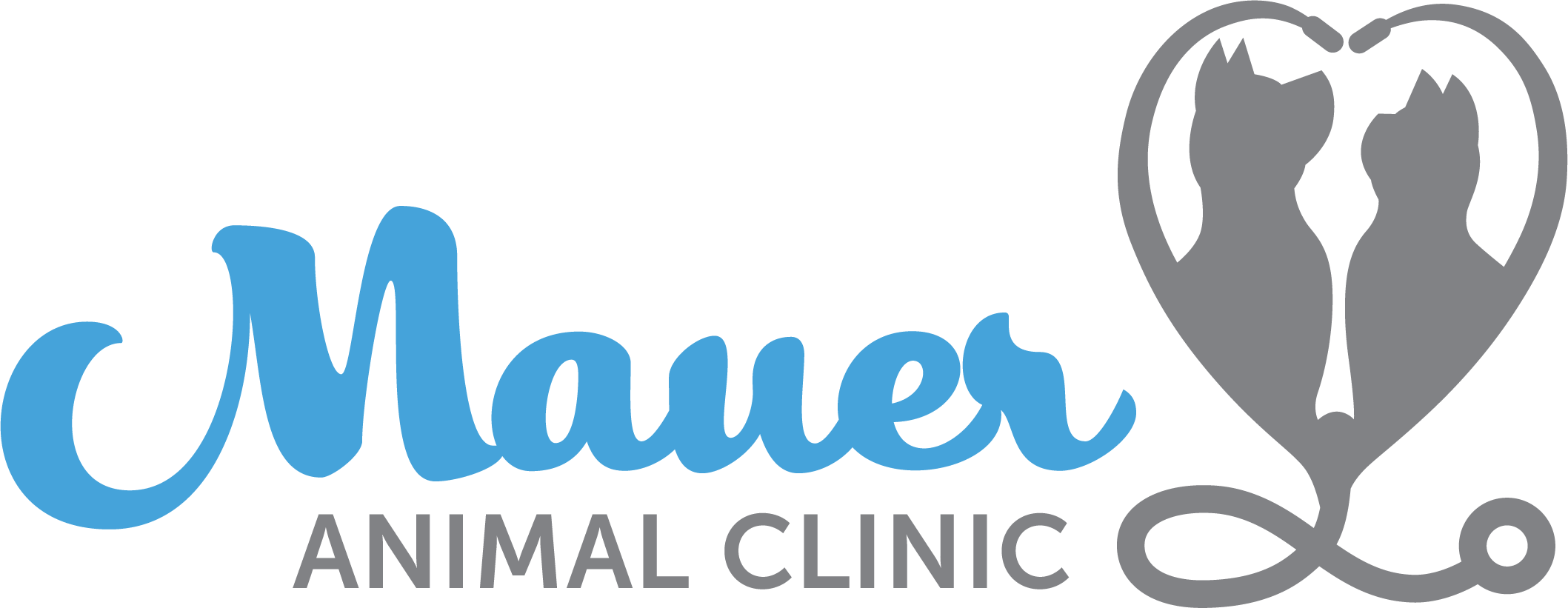Mauer Animal Clinic is excited to offer our clients Companion Laser Therapy. Laser therapy is a non-invasive, pain-free, surgery-free, drug-free treatment that is used to treat a variety of conditions and can be performed in conjunction with existing treatment protocols. Relief and/or improvement is often noticed within hours, depending on the condition and your pet’s unique health status. Applications for laser therapy include:
- Treatment of arthritis, degenerative joint disease, or hip dysplasia
- General pain management
- Post-surgery pain (spays, neuters, declaws, and other surgeries)
- Skin problems (hot spots, lick granulomas, infections)
- Dental Procedures
- Fractures and wounds (bites, abrasions, burns, and lesions)
How does it work?
Laser Therapy stimulates the body to heal from within. Non-thermal photons of light are administered to the body for about 2 to 8 minutes and absorbed by the insured cells. The cells are then stimulated and respond with a higher rate of metabolism. This results in relief from pain, increased circulation, reduced inflammation, and an acceleration of the healing process.
What can my pet expect during a laser therapy treatment session?
Simply put, it provides relief. As the laser is administered, your pet will relax and enjoy the treatment. The almost immediate relief of pain will allow your pet to be comfortable, and any anxiety that your pet initially experiences will dissipate. Occasionally, angry cats will start to purr, and dogs will actually fall asleep during their therapy session. Frequently, after therapy, we hear: “He’s acting like a puppy again” or “She can actually jump onto the chair.”
What are the signs that my pet can benefit from Laser Therapy?
Many of our laser therapy patients are older animals with musculoskeletal ailments. Some signs that your senior companion is experiencing pain or discomfort are:
- Abnormal sitting or lying posture
- Circling multiple times before lying down
- Restlessness
- Whining, groaning, or other vocalizations
- Limping, unable to get up or lie down
- Difficulty getting into the car or downstairs
- Lack of grooming
- Won’t wag tail
- Licking or biting area
- Trembling
Call us today to schedule an appointment or obtain additional Information.
